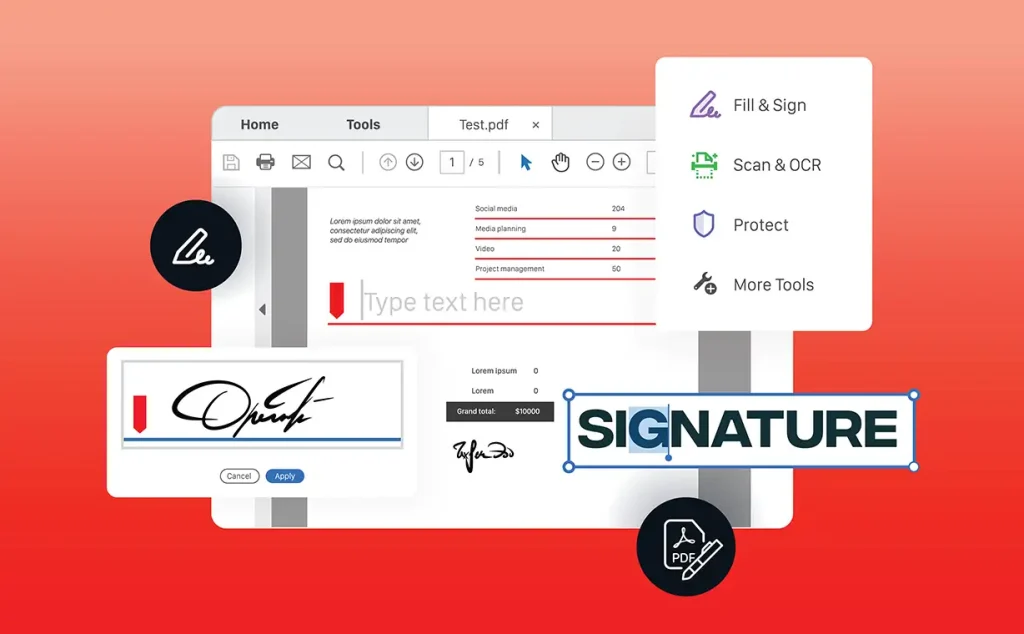Last November, Viafirma participated in the PAdES Plugtest Remote Event, organized by the European Telecommunications Standards Institute (ETSI). These events are carried out remotely and aim to perform interoperability and interpretation tests of the standard defined by ETSI for advanced electronic signatures such as XAdES, CAdES, PAdES and ASIC.
The standard defines a series of profiles for PAdES – advanced electronic signatures for PDF documents, which meet the requirements of the European Directive for a Community framework for electronic signatures (Directive 1999/93/EC).
Specifically, tests have been carried out under the PAdES standard (ETSI TS 102 778 – PDF Advanced Electronic Signature), which allows PDF documents to be signed electronically.
We will briefly define the profiles defined by the PAdES standard (ETSI TS 102 778):
- PAdES Basic – Profile based on ISO 32000-1. This profile specifies a PDF signature as currently specified in ISO 32000-1.
- PAdES Enhanced – PAdES-BES Profile. This profile specifies an advanced PDF signature based on CAdES-BES as specified in TS 101 733 [2] with the option of a signature timestamp (CAdES-T).
- PAdES Enhanced – PAdES-EPES Profile. This profile specifies an advanced PDF signature based on CAdES-EPES as specified in TS 101 733 [2]. This profile is the same as the PAdES – BES profile with the addition of a signature policy identifier and, optionally, a commitment type indication.
- Long term – PAdES-LTV profile. This profile supports long-term validation of PDF signatures. This profile can be used in conjunction with the PAdES-CMS, PAdES-BES or PAdES-EPES profiles. This profile is applicable to any party that relies on a signature for an extended period of time (e.g., longer than the lifetime of the signing certificate). It can be applied by a party receiving and verifying the document or by the signing party, who must also verify the document when applying the LTV.
Today begins the XAdES 2012 Plugtests in which we also participate and which aim to carry out test cases for the XAdES standard (TS 101 903), including XAdES (TS 103 171).
